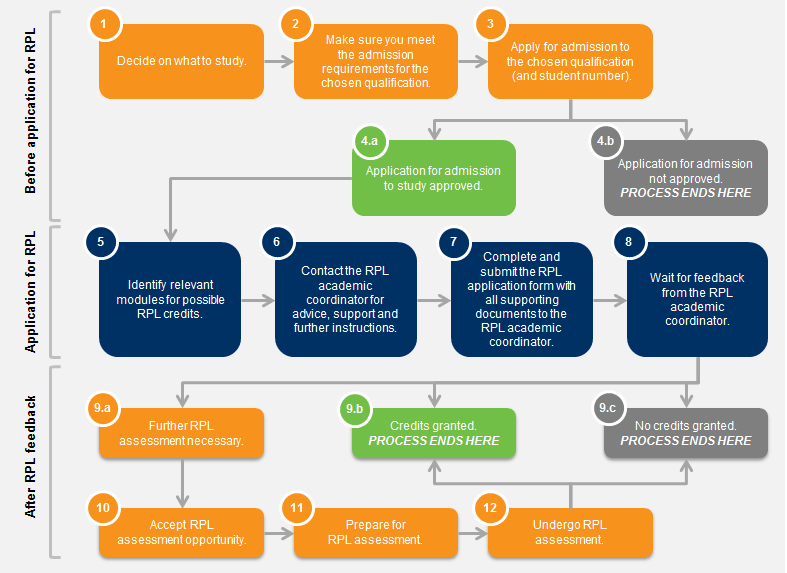
If you’re new to college or the credit system, understanding what credits are and how they work is essential. In this article, we will provide clear and concise information about UNISA credits, focusing on the University of South Africa (UNISA) context. From explaining the concept of credits to answering common questions, we aim to guide you through this important aspect of your academic journey.
What are UNISA Credits?
UNISA credits are academic units awarded by the University of South Africa for successfully completed courses or modules within a specific program of study. These credits serve as a measure of a student’s progress toward earning a degree or diploma. They indicate the level of knowledge and proficiency a student has attained in a particular subject or module.
For example, if a bachelor’s degree program requires a total of 360 credits, a student must complete a combination of courses or modules adding up to 360 credits to graduate. It’s important to note that UNISA credits are transferable, meaning they can be recognized by other accredited institutions within the South African Qualifications Authority (SAQA) framework.
How Many Credits Can You Take per Year at UNISA?
The maximum number of credits a student can earn in a single academic year at UNISA can vary depending on the program and individual circumstances. On average, students can take up to 120 credits per year, equivalent to a full-time workload. However, UNISA offers flexible study options, allowing students to modify the number of credits they take based on their needs. Part-time study arrangements are also available.
Understanding the Maximum Credit at UNISA
If you’re planning to enroll in a degree or master’s program at UNISA, you may wonder about the maximum number of credits you can earn toward your desired qualification. For a Master’s degree, the maximum number of credits required is typically 180. In the case of a Bachelor’s degree, the maximum requirement is 360 credits. To achieve the maximum number of credits, you must successfully complete all the required coursework and assignments for your chosen program.
Credit Requirements for a Teaching Degree at UNISA
For those interested in pursuing a Bachelor of Education (BEd) degree at UNISA, the program generally requires a total of 480 credits. These credits are earned through coursework, assignments, practical placements, and other academic requirements. Completing these courses and modules will equip you with the necessary knowledge and skills to succeed as a teacher and positively impact the lives of your students.
It’s important to note that credit requirements may vary depending on the specific program and specialization you choose within the Bachelor of Education degree.
Failing Modules at UNISA: Understanding the Limits
UNISA has specific regulations regarding the number of modules a student can fail in a semester. It’s crucial to be aware of these rules to ensure progress toward completing your degree. Undergraduate students at UNISA are generally allowed to fail a maximum of two modules per semester, while postgraduate students can fail a maximum of one module per semester.
To maintain good academic standing as an undergraduate student, you must pass at least 50% of the modules you are enrolled in each term.
Conclusion
UNISA credits play a vital role in tracking a student’s progress toward earning a degree or diploma. Understanding the concept of credits, the maximum limits, and the requirements for specific programs is essential for a successful academic journey at UNISA. By effectively managing your credits, you can make informed decisions about your course load, plan your curriculum, and work towards achieving your educational goals.
Remember, this guide provides general information about UNISA credits. For specific details and guidance, always refer to UNISA’s official website and consult with your academic advisors.
Was this helpful?
0 / 0
#Education #National Government #Teaching #University of South Africa (UNISA)